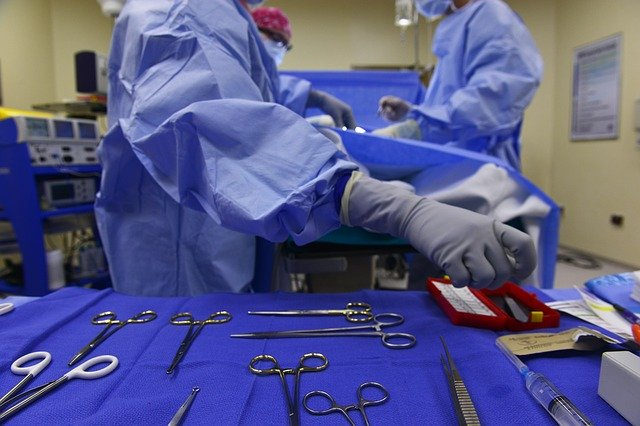Since the Coronavirus outbreak in China's Wuhan was reported, scientists from all over the world joined a race to find a cure for the COVID-19 disease. But apart from experimental drugs and potential vaccines, which are currently under the trial process, we don't have any remedy which would help millions of Coronavirus infected patients.
While many hospitals are currently using a cocktail of drugs to cure admitted patients, hospitals in Sweden also tried to use antimalaria drug chloroquine on its patients. But they stopped the experiment after the medication started causing dangerous side effects on those Coronavirus infected people.
Use of chloroquine
This drug was discovered in 1934 and is still used to treat malaria. It is a derivative of quinine that was isolated in 1820 from the bark of the cinchona tree. It should be noted that the medication is not generally effective in treating infections of another parasite Plasmodium falciparum, which causes a particularly severe form of malaria, any more as there is now widespread resistance of this parasite to chloroquine, which can also cause the heart to beat too fast or slow, which can lead to a fatal heart attack.
As per medical experts, hydroxy-chloroquine is an analogue of chloroquine and is less toxic. Recent reports revealed that US' the Food and Drug Administration (FDA) has approved an abbreviated new drug application for hydroxychloroquine sulfate tablets to address ongoing shortages of the drug sparked by its still unproven potential as a Coronavirus treatment.
Centre for Disease Control and Prevention (CDC) has removed from its website highly unusual guidance informing doctors on how to prescribe hydroxychloroquine and chloroquine, drugs recommended by President Donald Trump to treat the deadly virus. This move was made after reports claimed that CDC published key dosing information involving the two antimalarial drugs based on unattributed anecdotes rather than peer-reviewed science.

Sweden hospital terminates drug experiment
Doctors in Sweden's Vastra Gotaland region are no longer administering the medication highly praised by US President Trump. The decision was taken after a number of patients in Sweden hospitals reported suffering cramps, peripheral vision loss and migraines within days of being prescribed the chloroquine tablets.
This medication had been earmarked as a potential COVID-19 cure after showing promise in studies in China. "Miracle drug" became so popular that doctors in the US, Europe and China have been given licence to trial the drug on critical COVID-19 patients.
But the UK has prevented clinicians from prescribing the drug until clinical trials are completed, citing concerns about its safety and efficacy. As per a top critical care doctor in the UK, Professor Anthony Gordon there is still no strong evidence to reveal that chloroquine is safe and effective for Coronavirus patients.
Chloroquine used on Swedish patients

As per the medical experts, there are several versions of chloroquine. Both chloroquine (CQ), branded as Aralen, and counterpart hydroxychloroquine (HCQ), known as Plaquenil, are widely prescribed to treat malaria patients. But as of now, it is not clear that exactly which variety of this medication was given to the patients in Sweden.
One of the patients from Sweden, Carl Sydenhag, was given two tablets a day after being diagnosed with the killer virus on March 23. The 40-year-old patient began suffering cramps, peripheral vision loss and a headache that felt like stepping into 'a high voltage plant' within days of taking chloroquine.
A chief physician at Sahlgrenska University Hospital, Magnus Gisslen, said he and colleagues pulled the plug on chloroquine use two weeks ago. He mentioned that "There were reports of suspected more serious side effects than we first thought. We cannot rule out serious side effects, especially from the heart, and it is a hard-dosed drug. In addition, we have no strong evidence that chloroquine has an effect on COVID-19."
Professor Anthony Gordon from Imperial College London told BBC Radio 4 on Thursday that there is no evidence the drug could treat COVID-19. He said the highly popular medication has possibility but "We haven't got the strong evidence yet and we need that before we start using it for everybody. So I think the right thing to do is to test it in robust clinical trials so we fully understand how it works and also its safety."









